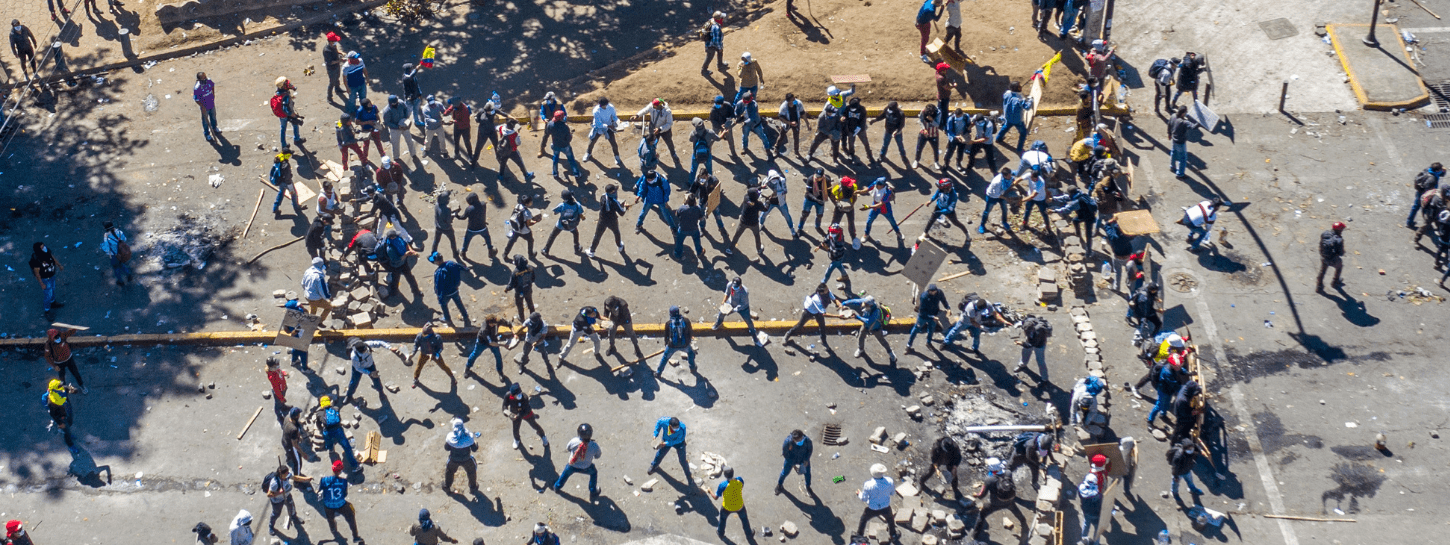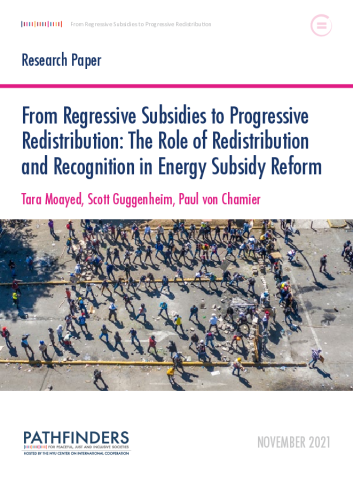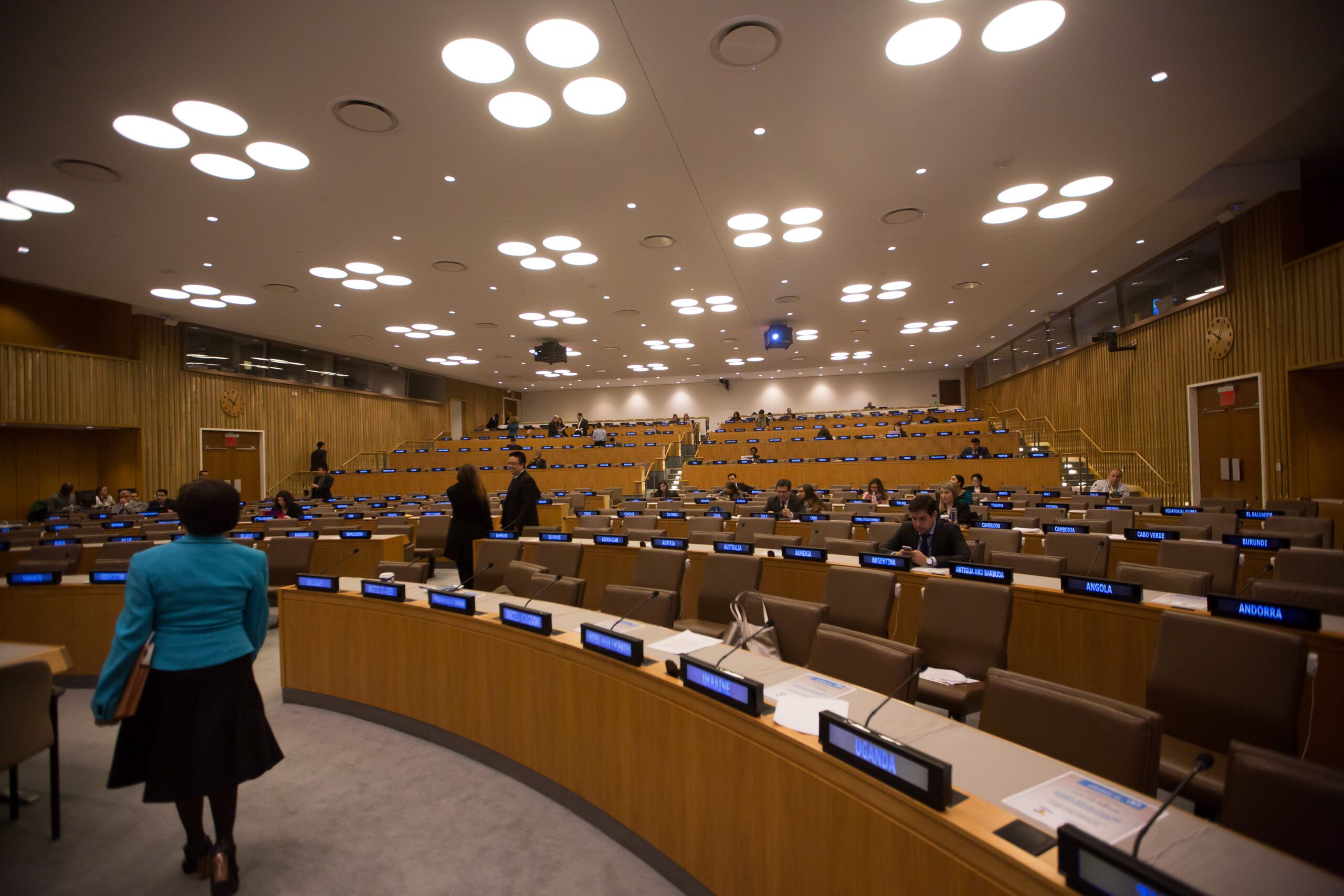Energy subsidies are one of the few domains where there is a near full-throated consensus among progressives, governments, and economists over the need for reform. Nearly everywhere, energy subsidies are regressive, vastly favoring the car-and energy-consuming parts of the population that are the least in need. The costs of these subsidies can vary, but in many countries, they represent a large fiscal burden.
Prior to its 2005 reforms, for example, Indonesia’s fuel subsidy was nearly the same amount as its health budget and its targeted anti-poverty programs combined. From the perspective of global climate change, few economic policies are as damaging as the direct and indirect contributions of fossil fuel subsidies.

But there are better and worse ways to reform energy subsidies. In this paper, we argue that the Pathfinders’ “Recognition and Redistribution” framework provides some important clues about better ways to manage energy subsidy reform while avoiding or minimizing the risk of anti-government protests. These twin goals are difficult to achieve, mainly due to three problems that we saw occur across a number of countries attempting a reform of energy subsidies:
- First, while energy subsidies definitely are skewed towards the rich, most diagnostics fail to recognize that the direct and indirect impacts on the poor and near-poor are real and significant. Where poverty increases are projected at even single digits, those numbers can represent millions of people who will be unable to meet their basic needs.
- Second, most safety net programs focus on ensuring that only the “deserving” poor will be eligible. In fact, because the near-poor and the lower-middle class also suffer from the removal of subsidies, broader targeting that recognizes these impacts is the more optimal approach.
- Third, in situations of low trust in government, skepticism about governmental promises of future mitigation is extremely high. Public communications campaigns and promises of future mitigation plans alone will not change opinions about a government’s ability to deliver. Instead, the paper shows that countries that deliver the mitigating cash or benefits before or at the same time as the reforms go into effect are more likely to implement the reforms successfully.
These problems can be addressed, and this paper includes case studies of countries that achieved success. Freeing up billions of dollars from economically and environmentally wasteful energy subsidies opens up a myriad of possibilities for progressive reform. While the paper concentrates on measures that can enable reform in one of the most regressive areas of many economies—it does not discuss options for how countries should then use their newfound fiscal space to address broader issues of inequality. This is the task of the Pathfinders project overall.
Read the full paper: From Regressive Subsidies to Progressive Redistribution: The Role of Redistribution and Recognition in Energy Subsidy Reform
This research paper is part of the Pathfinders Grand Challenge on Inequality & Exclusion. More information about this initiative can be found here.


